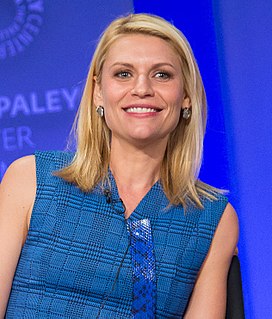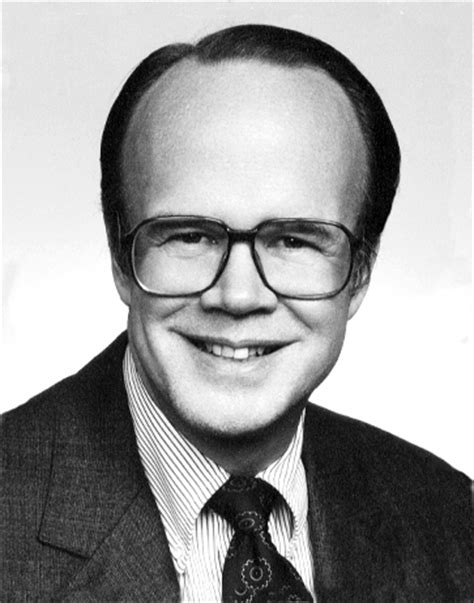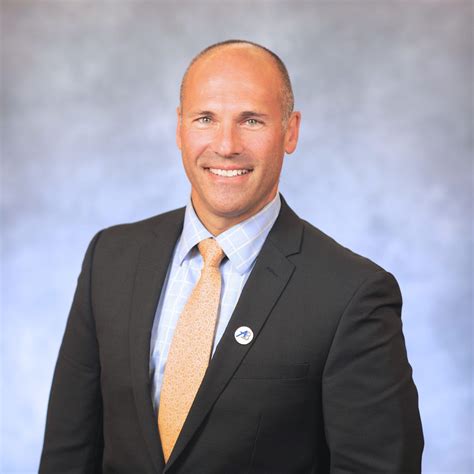A Quote by Aaron Belz
The brand is lying about something, or at least misrepresenting it. When I read a bottle of shampoo or moisturizer or other beauty product, I always perceive a dark subtext. The words haunt me. It comes across as humorous to the reader/audience, but in fact the words really do make me a little bit queasy. Nothing is as easy or natural as consumer brands want us to think - no problem is as resolvable. Your hair will fall out, eventually. Yet we do have these brands, and we line our shelves with them. There's an inherent irony.
Quote Topics
About
Across
Always
Audience
Beauty
Bit
Bottle
Brand
Brands
Consumer
Dark
Easy
Eventually
Fact
Fall
Hair
Haunt
Her Beauty
Humorous
In Fact
Inherent
Irony
Least
Line
Little
Little Bit
Lying
Make
Me
Natural
No Problem
Nothing
Other
Our
Out
Perceive
Problem
Product
Read
Reader
Really
Shampoo
Shelves
Something
Subtext
Them
Think
Us
Want
Want U
Will
Words
Your
Related Quotes
I run all the brands like cousins. You want your cousins to do well, but you want to do better. All of our brands want to win, but we certainly want to fight fair and coordinate as much as we can behind the scenes. But to the consumer, we want to offer the broadest, most competitive set of products that we can.
But I believe the words entered me and changed me and still work in me. The words eat me and sustain me. And when I'm dead and in a box in the dark dark ground, and all my various souls have died and I am nothing but insensible bones, something in the marrow will still feel yearning, desire persisting beyond flesh.
Traditional sales and marketing involves increasing market shares, which means selling as much of your product as you can to as many customers as possible. One-to-one marketing involves driving for a share of customer, which means ensuring that each individual customer who buys your product buys more product, buys only your brand, and is happy using your product instead of another to solve his problem. The true, current value of any one customer is a function of the customer's future purchases, across all the product lines, brands, and services offered by you.
The chief problem with television is that, for those who watch it consistently, it undermines and eventually destroys the ability to think. This is because it communicates primarily images, not by words, and words are necessary if we are to perceive logical connections and make judgments as to what is right and wrong.
When we can't hold back, or set boundaries, on what comes from our lips, our words are in charge-not us. But we are still responsible for those words. Our words do not come from somewhere outside of us, as if we were a ventriloquist's dummy. They are the product of our hearts. Our saying, "I didn't mean that," is probably better translated, "I didn't want you to know I thought that about you." We need to take responsibility for our words. "But I tell you that men will have to give account on the day of judgment for every careless word they have spoken" (Matt. 12:36).
Between the time I first started working in advertising in 1998 and now, the word brand has replaced identity. We are no longer individuals so much as we are brands. We're individual brands. Individuals are basically left to define their individuality by staying off the internet, which in and of itself can be a brand, the opting-out brand.
































